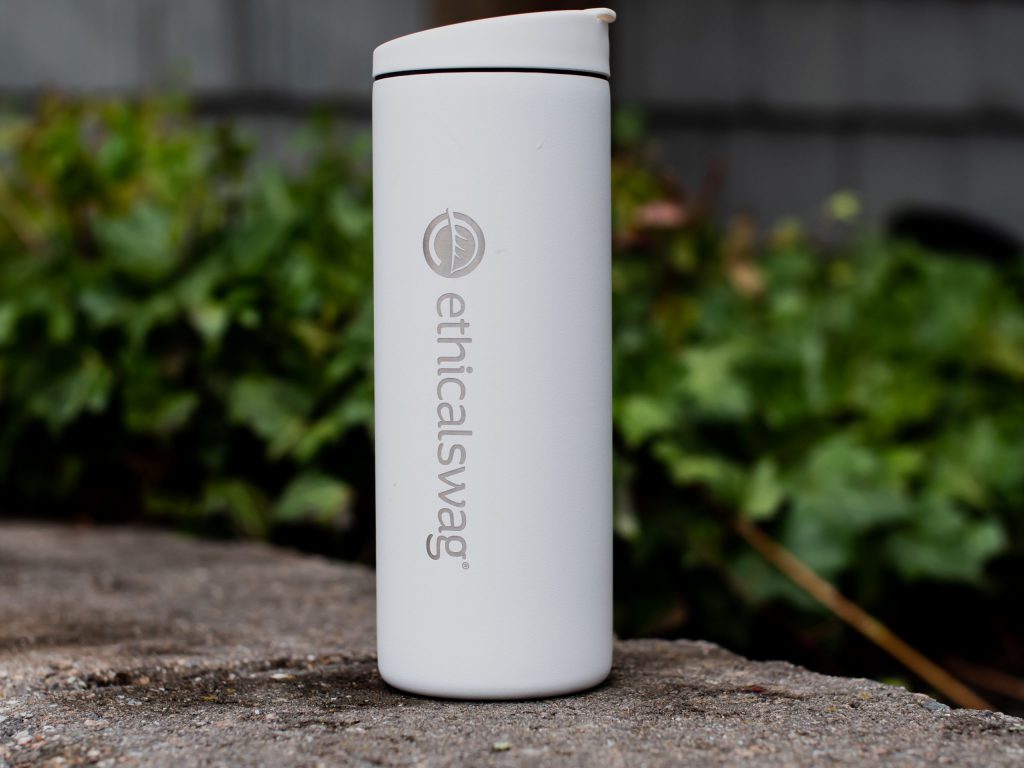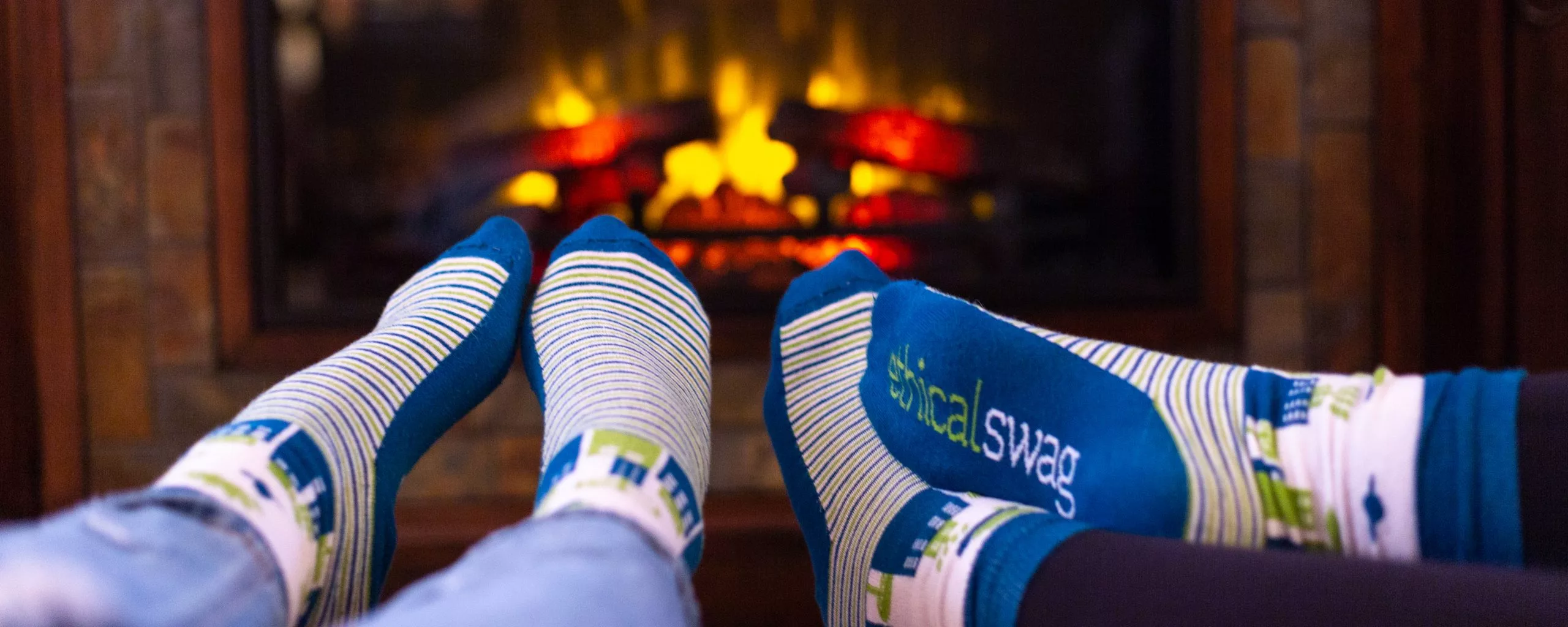“The most dangerous phrase in our language is, ‘we’ve always done it this way.’”
– Rear Admiral Grace Hopper
When I started designing this series, I knew instantly that I wanted to take a different look at the theme of conscious culture. I was thinking of all the ways mainstream culture is created – music, art, media, marketing – and set out to find people who were shifting those industries to a more conscious place and making money doing it. I wanted to find the fun people; the creators; the artists – and share their stories. This was around the same time as the World-Changing Women’s Summit in Sonoma.
I spent 8 days in Northern California for that trip and culture was smacking me in the face. I found myself noticing nuances and attitudes that seemed immensely representative of Northern California. For example, the borderline excessive amount of charcuterie available and every single place we went – it is wine country after all and what goes better with wine than cheese and meat? Or the morning at breakfast when a table across the room started chanting, and the woman I was having breakfast with said, “Oh – that’s just what happens in Northern California – people chant.” There were things that connected the culture to my own culture in St. Augustine as well: slowed-down energy in the town square, an Airbnb host who sat on our porch with us, and even the brewery I visited in Monterrey.
And, of course, there was the culture of the Summit: world-changing women culture. 200+ women who had come together to connect, create, and critique. Strong women who came and went as they pleased, asked questions when they needed to, and bared their souls when felt called.
When you plan an event like the World-Changing Women’s Summit or any conference or retreat or event, one of the things that sets you apart is when your values create the culture of the event. We all know it would feel out of sorts if we attended a conference on sustainability and our food was served in single-use plastic takeaway containers. Or maybe we’ve had that experience where we were at a woman’s conference and a man was the keynote?
How many times have you stopped when you got your swag bag from an event and thought about whether or not the items inside matched the values of the conference? I hope after you read this, it will be every single time. Choosing swag that promotes your values is one of the simplest and most concrete ways to foster the culture you want at an event.
When I saw the Ethical Swag table at the Summit, I 100% knew that I wanted to include the founder, Tara Milburn in this series. Talk about shifting culture! If I had a dollar for every branded pen, perfumey lotion, or _______ I’ve thrown away after a conference, I could donate enough money to literally save the turtles. And the bags! Oh the bags. Just because I’m at an event sponsored by a tech company does not mean I need a laptop bag or a messenger bag. I have those. And they are carefully chosen to match my style and values.
But as I sat down to get to know Tara and started researching her and her company, Ethical Swag, an entirely different shift in culture jumped out at me. This wasn’t the story of super creative conference planner who started caring about ethical products and wanted to provide them in swag bags. Tara’s story is one of a business person turned entrepreneur who saw a gap in the market and figured out how to fill it.

She was at a presentation at Novia Scotia Community College where they were discussing the new Dartmouth campus and how they were putting tens of millions of dollars into sustainability as they built it. Shortly thereafter, she was on a panel at a different location of the college and realized that the speaker gift she was given did not reflect the values she had heard about Dartmouth and sustainability. She created a brochure (as she refers to it) and threw it online and then followed that tried and true advice: set it and forget it.
For seven years. She didn’t market the business. She didn’t quit her job. She didn’t create an ideal customer avatar. She excelled in her profession, raised her three children, took care of her parents, and made money while she slept. Because people came. They found her. They searched for how to have more ethical swag at their events and they found her. Now, over 10 years later, people are surprised she was able to snag the URL: ethicalswag.com, until she tells them that when she purchased it, no one even knew what she was doing.
Eventually, she decided she was ready to be an entrepreneur. She just didn’t know what she was going to start exactly. This was 5+ years after she put that brochure up, and she still wasn’t sure she was going to do that as her thing. She joined a tech startup and for 18 months she learned everything she could about emerging technology and work and startup culture.
And when she did decide to go all in, she spent a few months researching the customers who had purchased from her over the past 7 years. She decided exactly what kind of company she was going to run. She knew from the beginning that she wanted to have BIG impact: it would be multi-national, bring commerce into small towns, pay well, offer remote work, and be more flat than hierarchical. She knew that she wanted to hire for talent and not location and to have a team that felt ownership in what they were doing. Oh, and she wanted to continue making money while she slept.
She also knew that if she tried to figure it all out before she really started, it would never be what she wanted it to be, so she just started. She put a few things up and she listed to her customers. She wasn’t trying to create or expand an industry, she was going all-in on riding the coattails of a 24 Billion dollar existing industry and just doing it more consciously than most.
Tara will also tell you that her company is the perfect mix of technology and nature: innovative and fluid. Somehow she also manages to balance thinking 4 steps ahead with growing organically and incrementally – not rushing anything. She seems to have found that sweet spot where you can blend doing what you can with not doing things you’ll have to undo later.
She takes it very seriously that when people buy ethical swag, they are really buying trust, and her team vets every single product they sell. And yet, she reminds her staff that the realties are that they are selling swag and that should be fun. Ethical Swag has an internal wiki called, all about ethical swag, and as she put it, “We are in a very important industry around human rights and environmental stewardship, but if we can’t be the funniest part of our customer’s day, then we are doing it wrong – because we are swag!”
Tara is shifting culture all right: yes, the culture of conference planners who now have access to ethically sourced swag, but also, something deeper. She is presenting us with a new culture of female entrepreneurs and a feminine business model.
- Her value proposition is that she is offering a better pipeline to something people are already buying.
- The name of her company makes it 100% clear what you are purchasing.
- When suppliers say, “Oh – ethical? Tell us what you want us to put on the label…” she passes politely.
- There’s no judgment from her or her company. She meets people where they are and within their own budget. Doing something better is better than doing things exactly the same.
- She is teaching the world that more sustainable and/or ethical products don’t have to be more expensive.
- She is leading with her values, investing in her team, and listening to her customers.
In a world where greenwashing is more fact than myth and unicorn companies are praised (and valued/invested in) for their innovative and unique solutions, she is quietly growing an enterprise that is transparent, truthful, and trustworthy by in an industry that has been around for decades.
Tara’s vision is a world where we all have access to success, however, we define it. Based on her success so far, I suspect we should all have that printed on a recycled cotton tote bag.
Source your next swag at Ethical Swag or follow them on Instagram: @ethicalswag.







